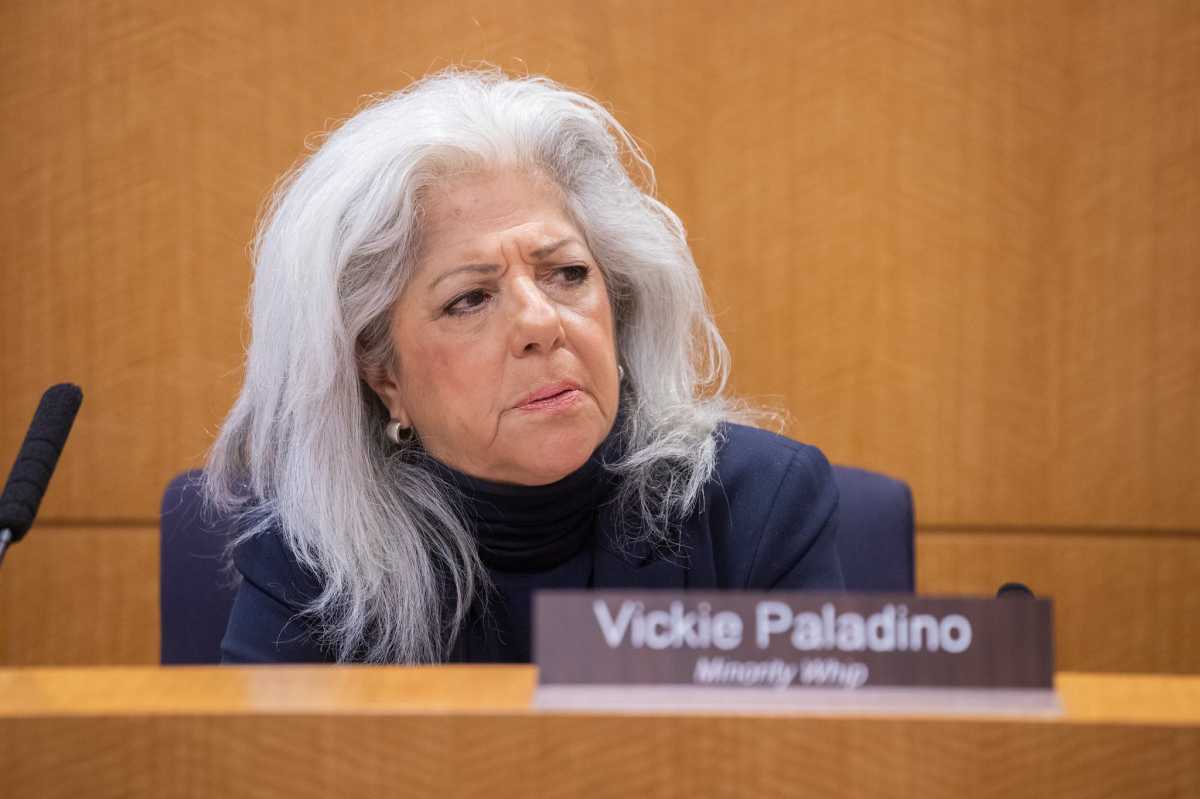In Queens and throughout the country, African-American women, who are more likely to die of breast cancer than white women, are being diagnosed with the disease early on, a trend that has reduced the number of diagnoses at the most advanced stage, according to a newly-released study.
The results could be due to growing outreach in recent years on behalf of the American Cancer Society (ACS), according to the study, conducted by Emory University researchers.
Free mammograms for low-income uninsured and underinsured women who haven’t had a screening for a year make up one component of the outreach program, said Daphne Dominique, manager of community health initiatives in the ACS Queens office.
To get a free mammogram, women need to call 1-800-ACS-2345 so they can be referred to a screening event in their community, Dominique said.
“We do not ask for immigration status or social security numbers,” she added.
ACS also provides local hospitals with patient navigators who connect those who suffer from cancer with services such as transportation and medication reimbursements as well as counseling. The navigator available to all New York State cancer patients is based in Jamaica’s Queens Hospital Center, on 82-70 164th Street.
Another aspect of the outreach program consists of neighborhood workshops that encourage women to receive screenings and get rid of misconceptions, said Dominique. Some women mistakenly believe that cancer is God’s will or that they need to get screened only if they have a breast cancer family history, said Dominique.
The disease is more common among white women, but African-American women are more predisposed to it at a younger age - under 40, according to ACS statistics. African-American women are also more likely to die of the disease: the five-year survival rate for them is 77 percent, compared to 90 percent among white women, according to ACS data.
The difference is largely due to later-stage diagnosis, inadequate access to health care and disease misconceptions, according to the report.
































